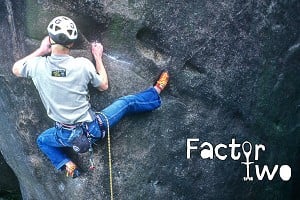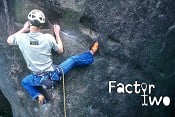In reply to emmadotb123:
Hi Emma, although I don't necessarily agree with the tone of the responses so far, I do agree with the sentiment, and sadly I don't think your second post has quite cleared up what you're after.
I have not completed a teaching degree, but I have written and helped with several dissertations, and I haven't taught less-abled children in a classroom setting, but I have taught them both sports and music, so I don't expect my advice to be spot on, but hopefully it's relevant.
Firstly, I wouldn't shy away from referring to yourself as temporarily less able. From a physical point of view, this is probably fairly similar to the experience of permanently less able adult, which is in turn (but not in the same way) fairly similar to the physical experience of a permanently less able child. As long as you acknowledge both of these differences, I think you're on safe ground. From a mental/psychological perspective, the similarity will be slightly weaker, but I'm sure you can draw on moderately educated speculation with regards to the long term as opposed to short term psychological differences/attitudes. Again, as long as you acknowledge this and the differences of an average child's outlook to your own, I don't think there's a problem. What might be interesting would be to consider any differences in the attitudes of others in knowing your less-abled state is short term, and whether this is positive or negative (and hence whether this mindset should be encouraged or discouraged).
Secondly, were I (with the caveats above) doing a dissertation based on this experience, I would probably go down the lines of reflecting on my experience along the lines of the following:
-How it made me feel being less-abled
-What particularly I found difficult (remembering this will be fairly specific to your condition) physically
-What particularly I found difficult (slightly less specific to your condition) psychologically
-How did I find how other people treated me made me feel
-What I think could have improved the above/lessons learned
-Apply this to both the classroom and school trips
Also, I'm not sure whether it's more worthwhile trying to relate this to permanently less able children, or temporarily less-abled children. I think both are valid, however as with all of this, it might be worth consulting your supervisor on their thoughts.
The above aside, It's still very unclear what you are after in terms of questions. Are you trying to get people to suggest things for you to investigate specifically? Or have I misunderstood and you aim to ask the people running the outdoor aspect to your tip how they change their mindset/procedures when working with less able children/how they have done so for you?
If 'accessibility of education' is specifically the way you want to word it (although to me this seems a bit buzz-wordy and might change your aim subtly, and possibly not for the better - again I haven't completed your degree and don't know what you've been taught), I guess you need to make two links to do this, a) the link of the benefits to outdoor pursuits as part of a rounded education (and how it can help with more academic/mainstream educational activities) and b) how accessibility relates in this case (whether you're thinking of physical, psychological or both, and how this relates to inclusivity).
Anyway, I'm sure people will be happy to try and help and offer suggestions (you might even find someone who's worth pursuing a more in-depth discussion with), but they will tend to be a bit negative until they are on your wavelength (as with the internet in general).
Good luck!









